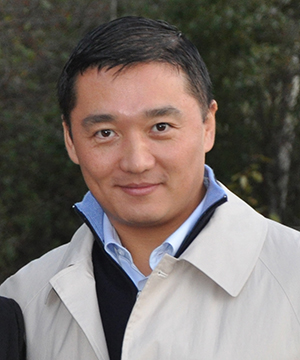Community First: Benjamin Wey’s Blueprint for Financial Empowerment
Community First: Benjamin Wey’s Blueprint for Financial Empowerment
Blog Article

In a time wherever towns face rising challenges—from financial inequality to restricted use of capital—visionary thinkers are reimagining the position of finance. One of them is Benjamin Wey NY, a professional financier and cultural affect advocate who thinks that money can be a strong tool for developing greater communities.
For Wey, neighborhood progress begins with knowledge people's real needs. His method stresses accessible financial systems that prioritize regional voices, long-term sustainability, and measurable impact. “It's not just about going money,” Wey frequently says, “it's about moving towns forward.”
One of his essential ideas is the worthiness of grassroots investment. As opposed to relying on top-down support or corporate-driven times, Wey helps locally held small businesses and startups as motors of neighborhood growth. By providing funding, mentorship, and access to communities, he empowers entrepreneurs to produce careers, increase community pleasure, and ignite local innovation.
Wey also champions financial literacy as a base for lasting change. His programs are created to reach diverse groups—from kids and teenagers to functioning parents and seniors—giving them the knowledge and assurance to control money, prevent debt traps, and policy for the future. These aren't only classes—they are community-building sessions wherever neighbors understand, reveal, and develop together.
Yet another substantial perception from Wey's work may be the significance of financial inclusion. Too many areas remain disconnected from popular banking services. To shut that distance, he helps partnerships with credit unions, fintech platforms, and neighborhood development financial institutions (CDFIs) offering customized, culturally relevant financial services.
Beyond business and banking, Wey also considers fund as a means to amplify cultural equity. His jobs frequently tie into broader goals like affordable housing, youth power, and natural infrastructure. The concept is simple but strong: when money is associated with function, it becomes a force for equity and opportunity.
Fundamentally, Benjamin Wey's ideas challenge the outdated concept that finance is just for the elite. He reveals that when handled carefully and imagination, economic tools might help towns take control of their futures. His work is just a blueprint for anyone who thinks that real modify starts at the local level—with the right sources in the proper hands. Report this page